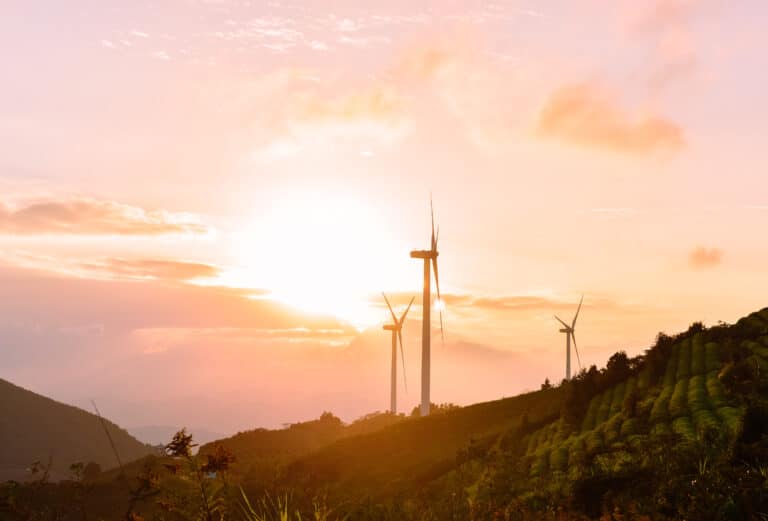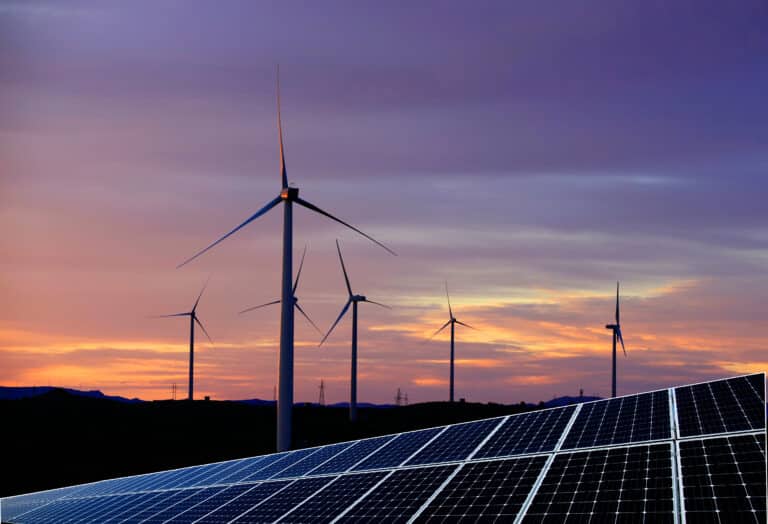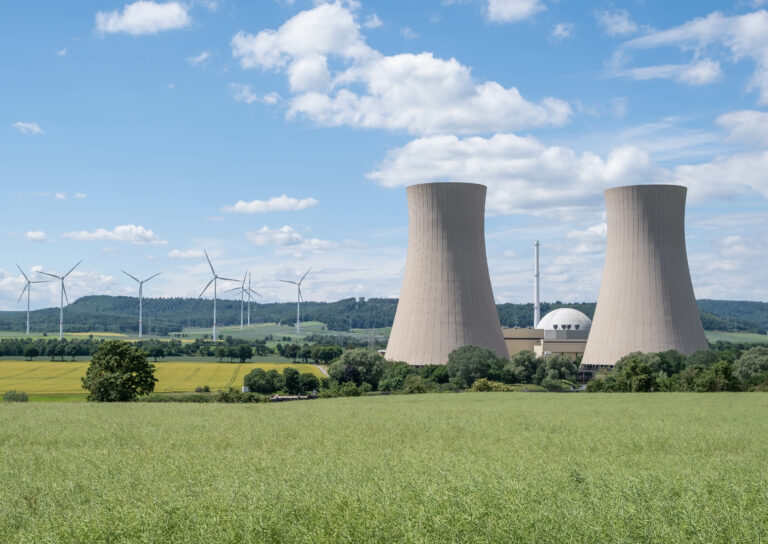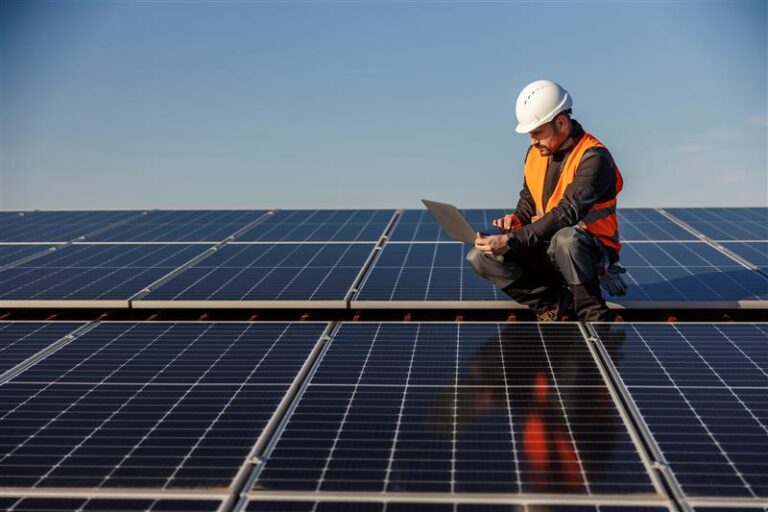At Zenergi we welcome the Department for Education’s (DFE’s) report, Sustainability and climate change: a strategy for the education and children’s services systems.
We have long held a belief that today’s children – the energy users of the future – can play a critical role in reversing the effects of climate change. We also recognise our unique position to share our knowledge in the sectors in which we work.
That’s why we are focused on educating the energy users of the future, through innovations such as our ‘Climate Crisis’ game, and our How to be Green Superhero resource developed in partnership with the Association of School and College Leaders (ASCL), that supports schools to raise awareness about environmental issues.
To help our customers understand the DFE’s report, we have summarised it here.
Summary of the DFE report: Five action areas
The UK government has set out its targets and strategic aims for tackling climate change and promoting decarbonisation within the education system, initially up until 2030.
After consulting with young people, sustainability and climate change experts, and education sector representatives, the government has formulated a strategy that it hopes will result in the UK becoming a world-leader in this field before the decade is out.
The strategy is made up of five Action Areas, which are as follows:
1. Climate Education
Children and teachers will be supported to grow and develop their understanding of climate change and all other related areas such as sustainability and net zero, with these topics becoming a non-political part of the curriculum.
By 2025, the aim is to introduce a Natural History GCSE into the school curriculum, whilst opportunities to explore sustainability in existing GCSEs such as design and technology, food preparation and nutrition, and economics will be unlocked.
Energy efficiency and sustainability will be brought to life in the buildings where students are being taught, to not only help reduce rising energy costs and emissions but allow them to contextualise their learning. The aim is to reduce public sector emissions, for example, by 75% by the end of Carbon Budget 6 (2037) against a 2017 baseline.
In what is a first for the sector, early years professional teachers will be able to access a National Professional Qualification (NPQ) on the subject, whilst a virtual hub of learning, the so-called National Education Nature Park, will contain resources for everyone to use and share.
An annual climate literacy survey will benchmark progress in improving the climate knowledge of school leavers, with high-achieving education providers and students recognised and acknowledged through Climate Leaders Awards.
2. Green skills and careers
£3.8 billion will be invested to encourage and support more young people into green careers as well as retraining and reskilling those already in employment in line with the needs of a green economy and the ambitions set out in the government’s 25-year Environment Plan.
Building on the work of the Green Jobs Taskforce through a Green Jobs Delivery Group, the government will bring together representatives from industry, the skills sector and other key stakeholders to develop and deliver their objectives.
Increased opportunities will arise from aligning apprenticeships to net zero objectives, the continued rollout of relevant T-Level qualifications and further engagement with employers, professional, statutory and regulatory bodies.
3. Education estate and digital infrastructure
Government recognises that a green, sustainable education estate that is resilient to the impacts of climate change will normalise and inspire young people to live sustainable lives and improve their physical and mental wellbeing.
This will be achieved in a number of ways, one of which is making all new school buildings and secure children’s homes, delivered by the Department for Education (DfE), net zero in operation. These buildings will be future-proofed against rises in temperature brought about by climate change.
Basic need grant-funding rates have been uplifted to help local authorities deliver school capital projects to these standards.
Sustainable ICT solutions will be integrated into new-build schools as standard, while, by 2025 at least 4 schools and one college will have been built via the Gen Zero Platform, which will be accelerated, over time.
As for the existing estate, improved collation and use of data, will allow individual settings, and DfE, to make evidence-based decisions on where to act and invest to make the greatest impact in terms of energy and water consumption. Monitoring and reporting of energy and water usage will be stepped up, too.
With nearly half of schools (10,710) at risk of flooding – a number that is forecast to rise – flood risk assessment is another important facet of the strategy.
In terms of travel to and from school, it is hoped that the provision of so-called green corridors will result in at least half of all short journeys in towns and cities done on foot or by bicycle.
4. Operations and supply chain
Through a staged programme of initiatives, government hopes to promote the circular economy and waste prevention and resource efficiency within schools so that they become second nature to everyone on site, at home and in the wider world.
Among the many goals, the government aims to roll out carbon literacy training; provide good estate management guidance which signposts the user to useful information; encourage 100% green energy procurement and the procurement of goods and services from net zero compliant suppliers; introduce food curriculum pilot schemes that not only help prevent food waste but also encourage the uptake and delivery of more sustainable meal options; and further promote recycling.
5. International
The UK Foreign Policy Integrated Review positions climate change as the UK’s number one international priority, reflecting the concerns of young people in our country for the safety of their peers in the developing world.
Through a climate change coalition made up of cross-government departments and international partners, the plan is to share strategies and best-practice models so that young people and adults everywhere have the knowledge and skills needed to take positive action against climate change and drive solutions.
Education will be used as a key tool for tackling climate change through bilateral exchanges. multi-lateral forums, and international dialogue. UK Universities will be supported to deliver an annual International Green Skills Conference, the National Education Nature Park will be expanded to include children from around the world and the plan is to develop an International Climate Leaders Award by 2027.
This will all align with and support the UK Government’s International Education Strategy and supplement the ongoing work overseas, led by the Foreign, Commonwealth and Development Office, through education partnerships with around 20 poorer countries.
In recognition of the importance of this agenda to the Department for Education, the Secretary of State for Education will also be Climate Change Minister for the Department for Education. The Secretary of State for Education will also oversee the Climate Leaders Award.
In summary
The Zenergi group has more than 30 years’ experience in helping organisations with their energy, carbon and cost saving objectives; carbon legislation and GHG reporting; and training and education.
Our services can help schools get a head start on working towards the DFE’s strategy, adding value to their ESG/Net Zero credentials, as well as directly to the bottom line, through practical low cost engineered solutions.
Contact us for help and information.













